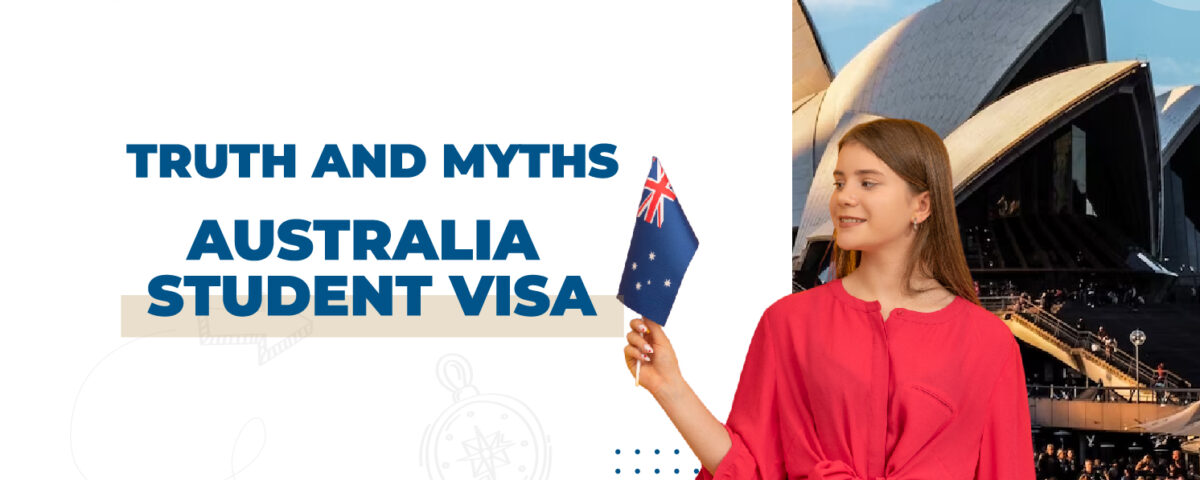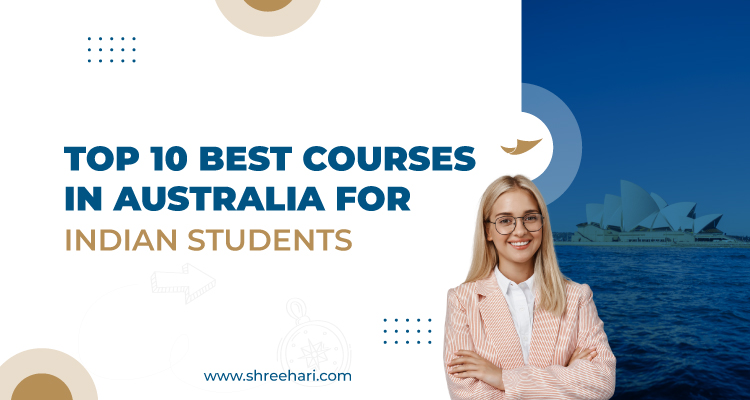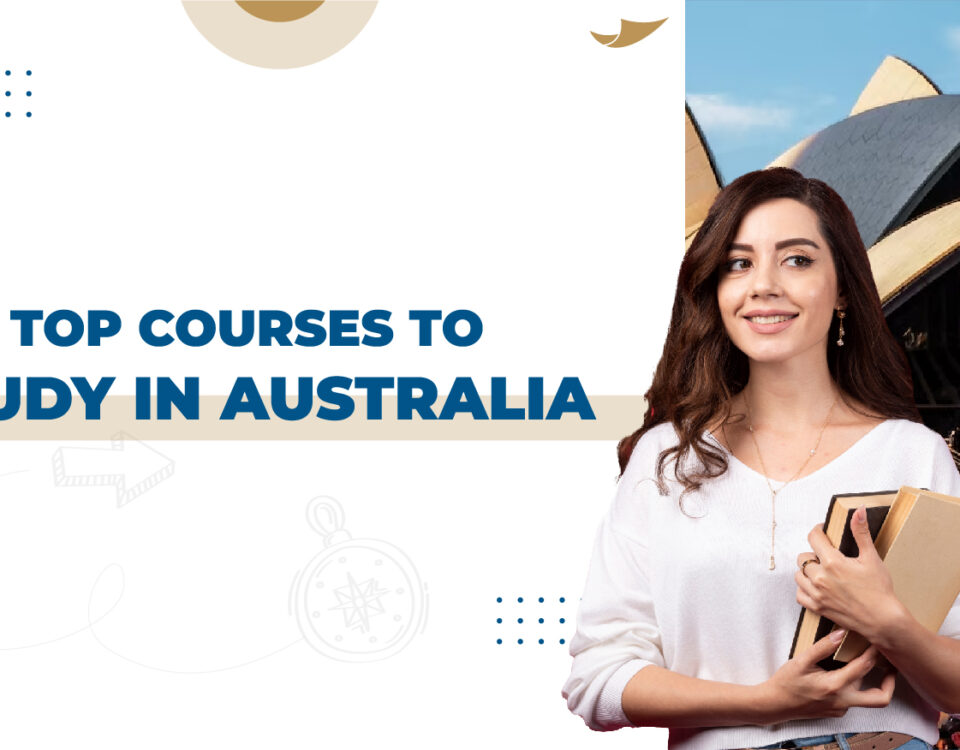
Truth and Myths of USA Student Visa
July 5, 2023
Top 8 Ways to Work in Canada without LMIA
September 12, 2024Obtaining a student visa is an essential step for international students wishing to study in Australia. However, there are often misconceptions and myths surrounding the process. In this article, Shreehari will debunk common shed light on the Truth and Myths of Australia Student Visa, providing valuable information to prospective students.
What is an Australia Student Visa?
An Australia student visa is an official document that allows international students to study in Australia for a specified period. It is issued by the Australian government and is a requirement for all foreign students who wish to pursue education in the country.
Types of Australia Student Visas
There are several types of student visas available in Australia, each catering to different educational programs and circumstances. The main categories include:
H1: Subclass 500 – Student Visa
This visa is for international students enrolled in full-time courses at registered educational institutions in Australia.
H2: Subclass 590 – Student Guardian Visa
The student guardian visa is designed for individuals who will be responsible for a student under 18 years of age studying in Australia.
H3: Subclass 407 – Training Visa
The training visa is for individuals participating in occupational training or professional development programs in Australia.
H4: Other Visa Categories
In addition to the main student visa categories, there are specific visas available for postgraduate research students, students participating in student exchange programs, and more.
Requirements for Obtaining an Australia Student Visa
To obtain an Australia student visa, applicants must fulfill certain requirements. These typically include:
Proof of enrollment in a registered course
Adequate financial resources to cover tuition fees and living expenses
Health insurance coverage for the duration of the stay
Meet health and character requirements
Demonstrate English language proficiency
Genuine Temporary Entrant (GTE) statement
Myth: It’s Difficult to Get an Australia Student Visa
One common misconception is that obtaining an Australia student visa is an arduous and complicated process. However, if applicants meet the necessary requirements and provide the required documentation, the process can be straightforward and efficient.
Truth: Australia Offers a Wide Range of Study Options
Australia is renowned for its diverse range of educational institutions and courses. From universities to vocational and technical colleges, international students have a vast selection of study options available to them. This variety ensures that students can find a program that suits their interests and career aspirations.
Myth: International Students Cannot Work While Studying
Some believe that international students are not allowed to work while studying in Australia. However, the truth is that student visa holders are permitted to work part-time during their studies. This provides an opportunity to gain valuable work experience, support living expenses, and interact with the local community.
Truth: Australia Provides Work Opportunities for International Students
Australia recognizes the importance of work experience for international students. The country offers various work opportunities, including part-time jobs on and off-campus, internships, and work placements. These opportunities allow students to apply their classroom knowledge in real-world settings, enhancing their skills and employability.
Myth: Studying in Australia is Expensive
There is a common misconception that studying in Australia is prohibitively expensive. While tuition fees and living expenses vary depending on the chosen institution and location, Australia also offers scholarships, grants, and financial assistance to international students. These options help alleviate the financial burden and make education more accessible.
Truth: Australia Offers Scholarships and Financial Assistance
Many Australian universities and the government itself provide scholarships and financial aid programs for international students. These initiatives recognize academic excellence, research potential, and contributions to the community. International students are encouraged to explore these opportunities to support their educational journey.
Myth: Australian Student Visas are Only for Academic Programs
Contrary to popular belief, Australian student visas are not limited to academic programs alone. Australia values vocational and technical education as much as it values higher education. The country offers a wide range of vocational courses and apprenticeship programs that provide practical skills and prepare students for specific industries.
Truth: Australia Supports Vocational and Technical Education
Australia’s Vocational Education and Training (VET) sector is highly regarded globally. International students opting for vocational courses can gain hands-on experience, industry certifications, and valuable practical skills. This approach ensures that students have diverse educational pathways and a well-rounded learning experience.
Myth: It’s Challenging to Extend an Australia Student Visa
Renewing or extending an Australia student visa is often perceived as a complicated and challenging process. However, Australia provides clear guidelines and pathways for students who wish to extend their stay. By meeting the necessary requirements and providing supporting documents, students can successfully extend their student visas.
Truth: Australia Provides Pathways for Visa Extensions
International students who wish to continue their studies or explore further educational opportunities in Australia can apply for visa extensions. These extensions allow students to complete their current course, pursue higher-level qualifications, or enroll in additional programs. With proper planning and adherence to immigration regulations, extending a student visa is feasible.
Conclusion
Navigating the world of Australia student visas can be daunting due to various myths and misconceptions. However, by understanding the truth behind these myths, prospective international students can make informed decisions and pursue their educational goals in Australia confidently.



